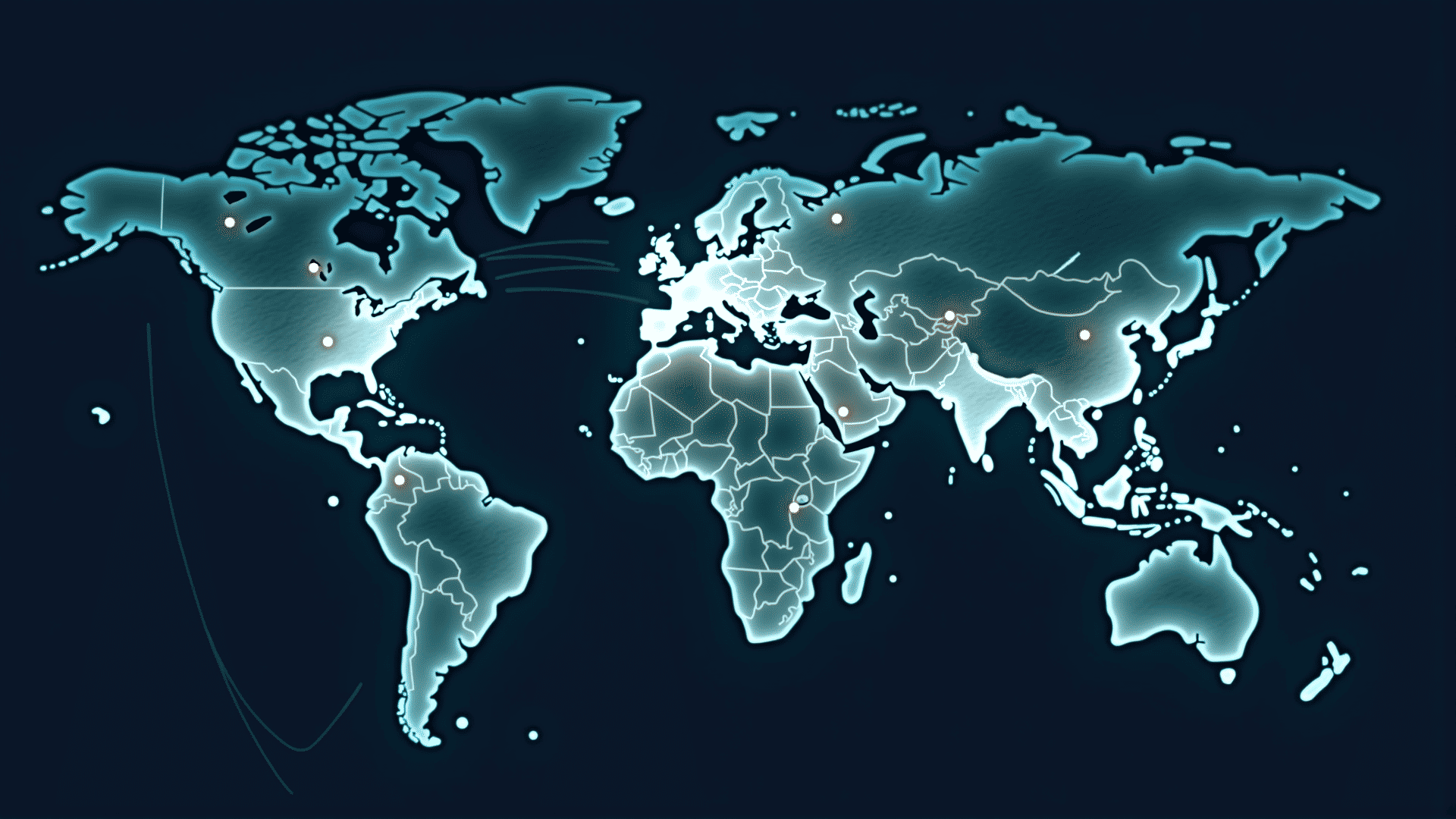In an increasingly interconnected world, the seamless exchange of data across borders is crucial to enhancing communication, collaboration, and innovation. At the core of this transformation are global APIs (Application Programming Interfaces), which serve as the digital bridges facilitating interaction between disparate software systems.
To truly understand the impact of APIs, it's important to recognize their foundational role in the modern digital landscape. APIs act as the intermediaries allowing different software applications to communicate with one another, regardless of the language or platform on which they were built. This means that systems developed in different parts of the world can integrate and share data easily, creating a tapestry of interconnected tools and services.
Cross-border API integration has revolutionized how organizations operate, providing the means to eliminate data silos. When systems are integrated through APIs, data can flow freely and securely across national boundaries. This interconnectedness allows businesses to expand their reach globally without the need to duplicate resources or manage localized databases, enhancing both efficiency and performance.
Moreover, APIs facilitate interoperability by standardizing the way software components interact. This standardization ensures that data remains consistent and accurate when transmitted globally, reducing errors and streamlining operations. The importance of this capability cannot be overstated, especially in sectors such as logistics and international trade, where the precision and speed of data exchange are vital.
APIs also boost connectivity across various internet platforms, allowing for richer user experiences. For instance, social media platforms utilize APIs to interact with a myriad of applications, enabling users to share content seamlessly across different networks. This not only increases user engagement but also ensures that content reaches a wider audience without additional barriers.
Furthermore, the ability to utilize APIs for real-time data sharing has been a game-changer in fields such as health care and education. By integrating these technologies, professionals can access critical information instantaneously, regardless of their location, enhancing decision-making processes and the overall quality of service.
From a technical perspective, API integration across borders demands robust security measures to protect sensitive data during transmission. Techniques such as encryption and authentication protocols are essential to safeguard information and maintain the trust of end-users.
In summary, the role of global APIs in facilitating cross-border data exchange is pivotal to fostering a more connected world. They bridge gaps between different systems and platforms, enhancing interoperability and connectivity. As technology continues to advance, the importance of seamless API integration will only grow, driving innovation and collaboration on an international scale. This evolution promises exciting possibilities for the future of cross-border digital interactions, making the world a smaller, more integrated space.
